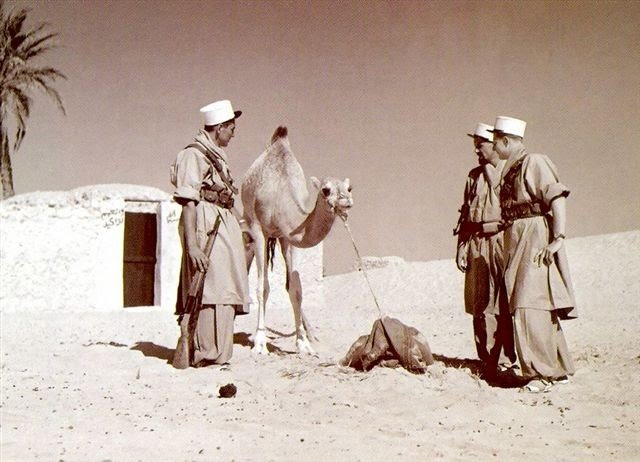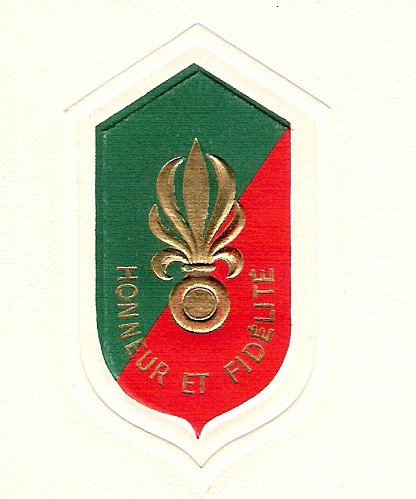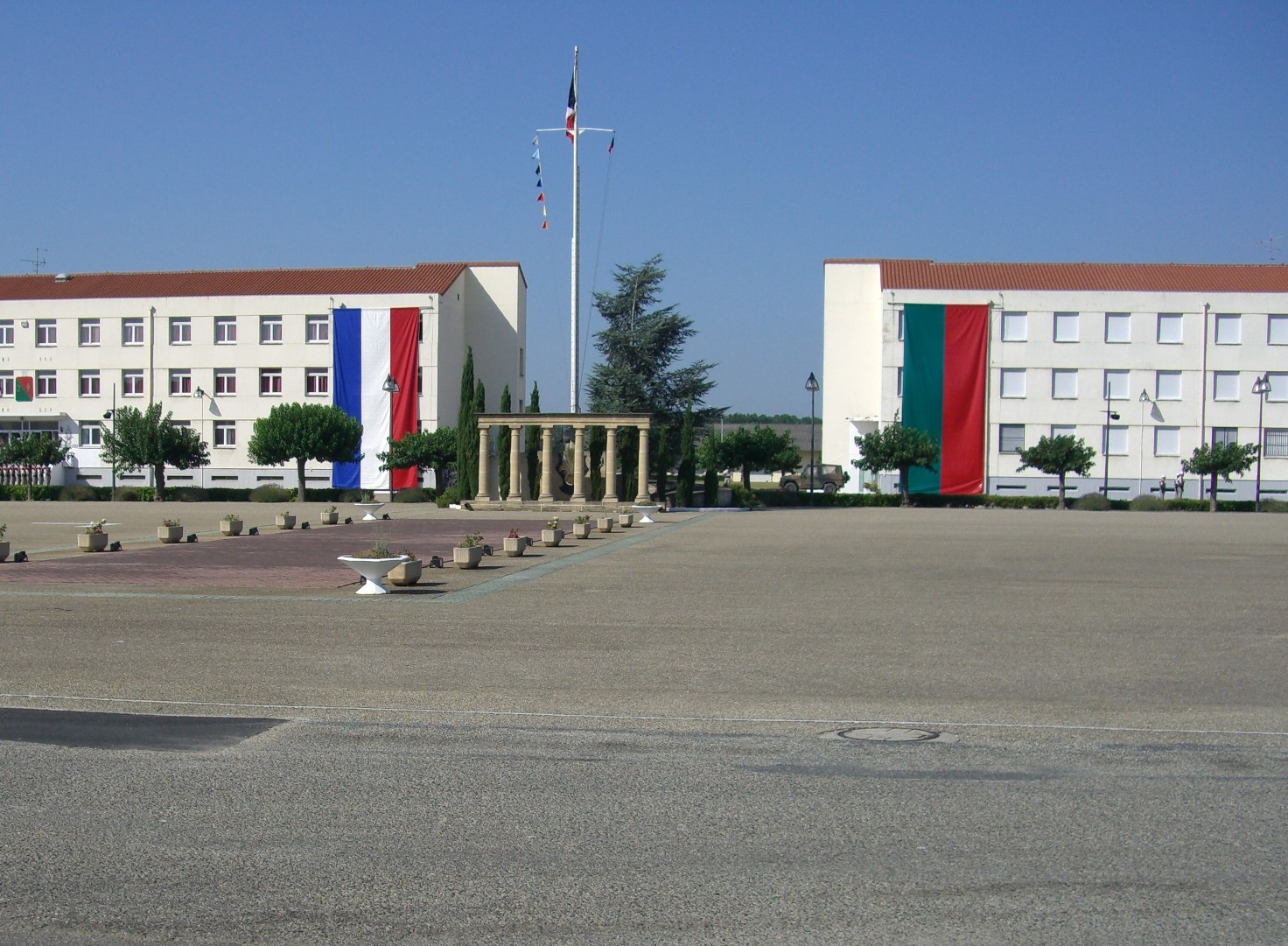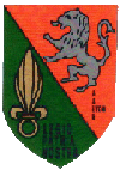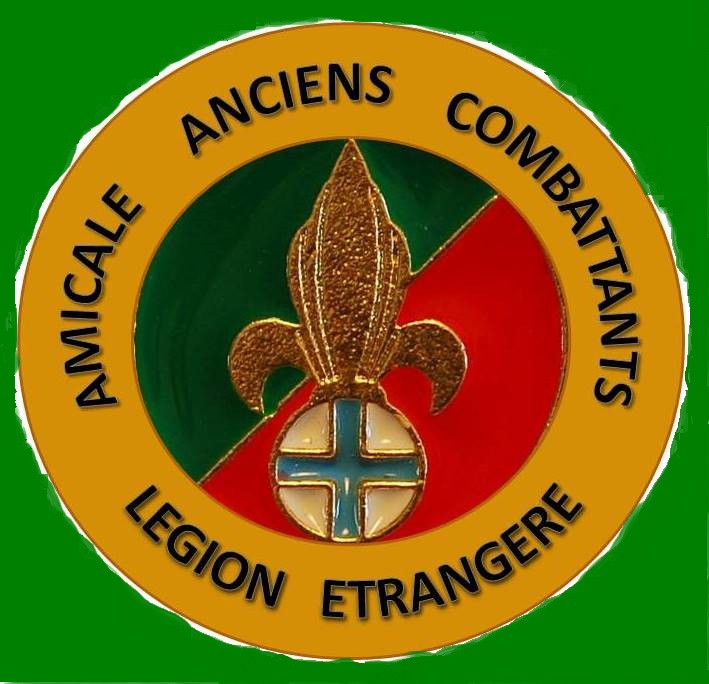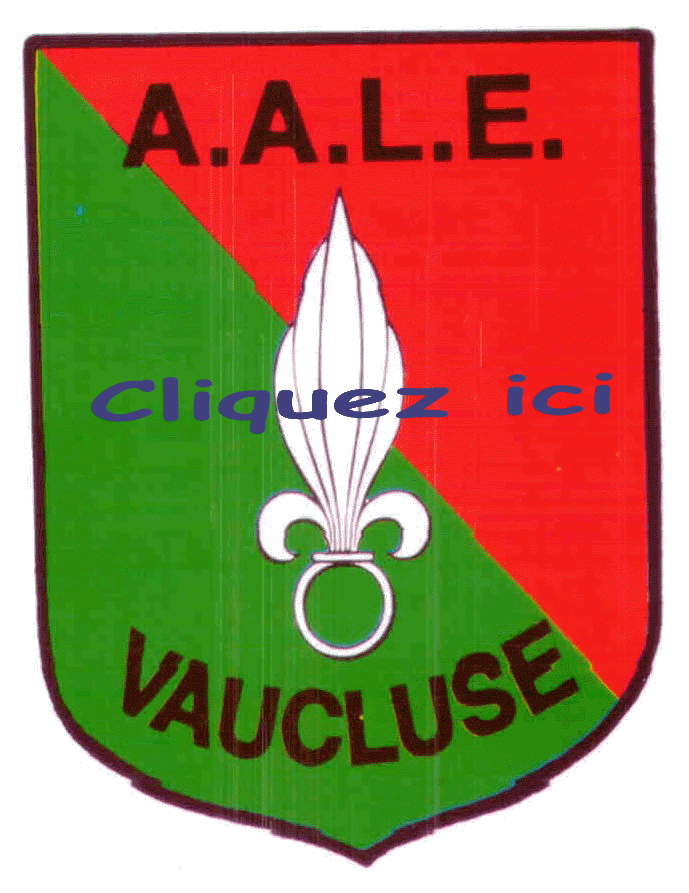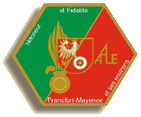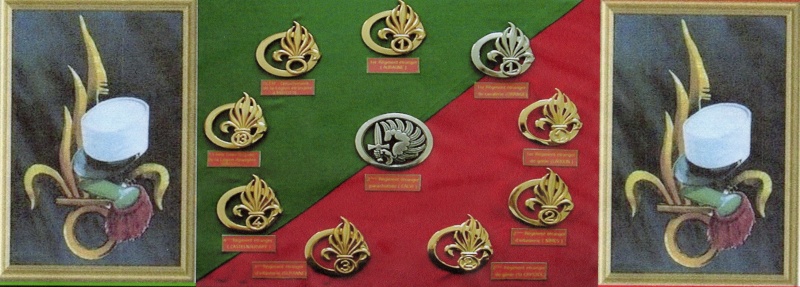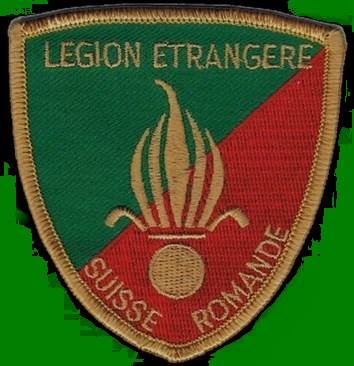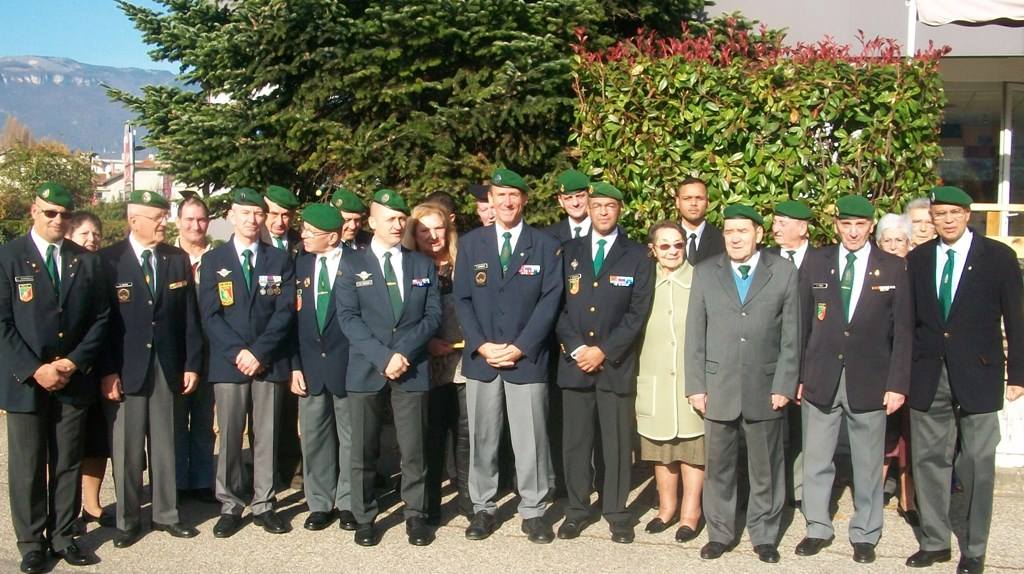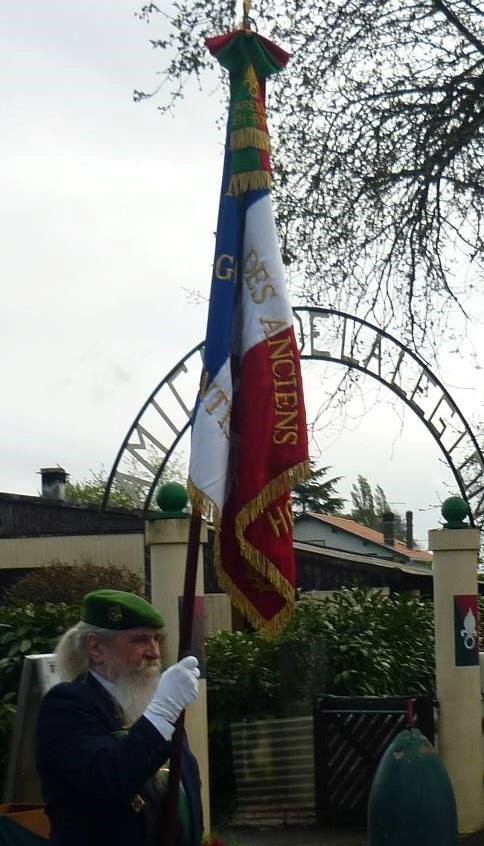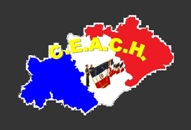
It was the Foreign Legion's Alamo, and it may just have been its finest hour. History author Steven Wilson looks back on this bloody battle in 19th-century Mexico.
Disasters have a way of spinning noble myths, as if it benefits the survivors to find something worthwhile in the midst of a catastrophe. Sometimes these magnificent moments, if ever they existed at all, have to be dug out of the rubble, and dusted off. At that point they can be held high for everyone to see and proclaim as significant.
One of France's disasters (something that might have been called France's Viet Nam except that France really did have her Viet Nam) was the invasion and occupation of a portion of Mexico. At the time the United States was midway through fighting her Civil War, so she can be excused for allowing this lapse of attention to the Monroe Doctrine. The invasion by France came after the government of Mexico under Benito Juarez suspended payments of all foreign loans. This gave Napoleon III (apparently assuming that his name guaranteed military ability) an excuse to expand his empire by gobbling up a nation that in its short history had seen nothing but turmoil. France was accompanied by the Spanish and British, who were both hoping, by armed intervention if necessary, to convince Mexico to reconsider her position on payments. They soon realized that rattling sabers would not force Mexico to reconsider, and they withdrew; leaving a French emperor who coveted the exotic lands of Mexico as surely as a former, more talented French emperor coveted other, distant lands. Of course, Napoleon III could not go to Mexico of and reign over his newfound children - but he could send a surrogate. He thus dispatched Archduke Maximilian and his wife Charlotte, daughter of King Leopold I of Belgium. And of course he sent the French army, because the Mexicans, these Juarists, named after the insolent president of Mexico, would certainly never accept their new father unless they were properly chastised.
And so too went the Foreign Legion, two battalions landing in Vera Cruz (it appeared that all conquering armies must, under celestial edict, land on that particular spot before setting off into the interior of Mexico), on March 31, 1863 under the command of Colonel Pierre Jean Joseph Jeanningros, with the bulk of the entire legion to follow. Four thousand men, most of them veterans; all of them supposedly foreign (French citizens were prevented by law from joining, except as officers), and many of them hiding some secrets in their past. Less than half of them would return home. The officer corps of the regular French army looked down their noses at this band of ruffians, who were closer to convicts than to regular soldiers, and assigned them the most odorous duties in Mexico; specifically, guarding the roads or holding down posts in fever-prone regions. Sickness was a much more formidable enemy than the Mexican army. A battalion of the Chasseurs d’Afrique, transferred to San Luis Potosi, could only muster 76 out of a thousand men due to illness. Just months before the Legion landed in Vera Cruz nearly 2,000 people died of an epidemic, and the route from Vera Cruz to Mexico City was referred to as "the fever road." It was even suggested that any Legionnaires lost to illness or battle, could be replaced by Indians. Utilizing the same policy developed in Africa, two companies of Indians, approximately 175 men, were formed, with these new Legionnaires making their way up the ranks.
For their part, the Legionnaires contributed to their reputation as being a band of difficult thugs and thieves. They were recognized as the greatest sources of desertion among the French forces stationed in Mexico. "I shall have some of them shot," Major General Francois-Achille Bazaine, a veteran of North African wars, the Spanish Civil War, the Crimean Campaign, and the Italian Campaign of 1859, wrote in disgust. "It is quite clear that a good many of them enrolled in the corps to get a free trip, but it cost them dearly if they are caught." It would cost many of them dearly, but not in the manner that Bazaine envisioned.
On April 29, 1863, the 3rd Company of the 1st Battalion was ordered to accompany a column from Vera Cruz to Peubla as one leg of a very long journey for a very valuable cargo - gold bullion, some three million francs, to pay the French army of the interior. There were other items of significance scattered amid the 60 carts and 150 mules, but everyone knew that it was likely that knowledge of the gold would become widespread before the column cleared the city gates. Worse than that, the 3rd Company, whose normal complement was three officers and 112 men, was reduced by nearly half due to illness. All three officers and 50 men were unfit for duty when the company was given the assignment. The battalion adjutant major, Captain Jean Danjou, an experienced soldier who sported a flowing mustache and thick goatee, offered to assume command. He was a good choice. Courageous, an excellent combat officer, he had lost a hand in Algiers and wore a wooden hand to replace it.
Two other officers were needed. Lieutenant Maudet of the 1st Company and Lieutenant Vilian, the battalion paymaster quickly volunteered. The men of the 3rd Company could forgive Maudet being an officer from the 1st Company (soldiers often looked at other units, even those that they had served with, with suspicion), but Vilian was the battalion paymaster and the largely uneducated enlisted men were certain that Vilian used official trickery to slice their already meager pay to virtually nothing. He was hated by the common Legionnaires, and had to prove himself to them. Danjou would lead the way, scouting the road, he explained to Jeanningros, with the mules and wagons to follow two hours behind. Jeanningros wondered aloud if 65 men were enough to protect such a valuable convoy. They are Legionnaires, the captain reminded his colonel.
Early on the morning of the 30th of April the column set out from the village of Chiquihuite and made its way, route-step, toward Puebla. Danjou stationed himself in the road with a small party and the pack mules; one hundred yards on either side of him were two equal columns of Legionnaires. They were a colorful lot; Havelock's and white kepis long since stained with dust, red, baggy wool pantaloons, and blue, red-trimmed tunics darkened with sweat, with bright red epaulettes setting squarely across the Legionnaires shoulders. They could have been better armed of course - the 70 caliber smoothbore musket carried quite a punch but the range was limited. And it was rumored that the Juarists had been well supplied with modern American weapons. But no matter, they carried bayonets and every good French soldier knew the importance of bravery and cold steel.
At about 7 a.m. they passed the nearly destroyed village of Cameron. Danjou noted that the only structures that still stood were portions of a stonewall, a deserted farmhouse or inn, and several outbuildings. Nearly a mile down the road, Danjou called the columns in and ordered the men to rest and fix coffee. Despite the early hour, the heat and dust had taken its toll on the Legionnaires, and they had had nothing to eat since the previous evening. Water for their coffee had just come to a boil when call-to-arms was sounded with cries that enemy cavalry was approaching. The men snatched their muskets and formed ranks but in the confusion the mules bearing their extra ammunition and supplies bolted off.
Danjou quickly took stock of the situation. There were several hundred mounted Juarists forming into position to attack him and it was obvious that the tiny band of Legionnaires would be overwhelmed in the first charge. Captain Danjou formed a rectangle, and using the dense clumps of thickets that dotted the barren landscape as natural abatis, keeping them between his enemy and his pitiful band, he moved slowly back to Cameron. When the Juarists came too close, Danjou stopped the rectangle, ordered a volley, and then set out again for the sanctuary of a few stone buildings.
If Danjou had known what he was facing as he and his tiny command backtracked down the Peubla road, he might have been truly concerned. The few hundred horsemen were really 800 horsemen followed closely by 1,200 infantry under Colonel Milan. The redoubtable French captain also lost 16 of his men (apparently separated and captured during the retreat), which left him with 49 officers and men. And the Juarists, guessing his intention, had beaten him to Cameron. Several enemy sharp shooters were stationed in the second story of the farmhouse and began firing as Danjou's men poured into the courtyard. Knowing that he could not defend the walls with the enemy snipers behind him, Danjou fell back to the rough collection of outbuildings and portions of the stonewall to fight it out. The enemy immediately obliged him. Twice the Juarist cavalry charged but it was impossible for them to maneuver properly in the cramped courtyard. Both times they were forced back.
At about 9 a.m. Colonel Milan approached under a flag of truce and demanded that Danjou surrender, pointing out that he had two thousand men poised to attack the Legionnaires. Danjou refused the demand and the attack resumed. Musket smoke boiled within the interior of the outbuildings as the Legionnaires, loaded and fired; the barrels of their muskets almost too hot to handle. Men were numb from heat and exhaustion and the din of battle. Danjou, despite his own thirst, made his way from Legionnaire to Legionnaire, comforting them. They had little water and any attempt to reach a well on the far side of the house was suicide.
The enemy began their attacks again, trying to drive a wedge into the defender's makeshift fortress but the small courtyard forced the attackers directly into the fire of the Legionnaires. The Juarists fell back and as Danjou was urging his men on, a sniper shot him. Lieutenant Vilian, the hated paymaster, now became the commander of the pitiful force. It must have been Danjou who inspired him, or the defiance of men who faced certain death, or perhaps the qualities that make some men Legionnaires, but Vilian called to his soldiers: "Mes enfants! I command you now. We may die, but never will surrender." Vilian led the dwindling band of Legionnaires for nearly four hours after the death of his captain, but he too was killed, falling as the enemy rushed the Legionnaires.
It was Maudet's turn to command, and he again refused Milan's demand to surrender. After another attack Milan approached the Legionnaires under a flag of truce and the scene that greeted him was nearly indescribable. Dead and wounded Legionnaires were sprawled throughout the interior of the outbuildings and the putrid odor of death filled the air. Thousands of flies buzzed frantically, gorging themselves on the dead flesh of the bloated, stiffening bodies. The wounded cried out for water in pitiful, hoarse whispers, but there was none to give them. Facing Milan, barely able to stand, was Maudet and 12 Legionnaires. No surrender, Maudet said, and Milan returned to his position. Within the hour Milan ordered another attack, but this like the others, was driven off. It had taken its toll on the Legionnaires, however; now all that remained was Maudet and five enlisted men. They had gone through the pouches of their fallen comrades, desperately looking for ammunition. They had only one round apiece; but they had their bayonets. "Load," Maudet ordered. "At my command, fire. Then follow me through the breach. We'll end this with our bayonets." They formed a wedge, with Maudet at the apex, fired a volley, and charged into the mass of Juarists. The enraged enemy, caught up in the frenzy of battle, surrounded the tiny group and literally clubbed them to the earth.
Colonel Milan fought his way to the scene of the one-sided battle and saved his men from tearing the Legionnaires to pieces. Just two of the six survived, with the 16 men captured earlier and one Legionnaire captured during the fight itself. The Juarists lost approximately 300 killed and 300 wounded.
Such incidents fade from memory, pushed off the pages of history books by more monumental occurrences. There is no theme for historians to discuss, and the battle is hardly a watershed as events go. For the Legionnaire there remains a plaque with a few words on it, and a celebration on the anniversary of the battle. Perhaps the Legionnaires understand that such encounters are not usually commemorated outside of the Legion, and therefore people would know very little about Cameron. There is tangible evidence of the day that saw 65 Legionnaires stand off 2,000 Juarists; a relic preserved by the Legion - Danjou's wooden hand found shortly after the battle. It is a reminder of the only theme truly associated with the events of April 29, 1863: courage.
About the Author
 |
 Buy Voyage of the Gray Wolves by Steven Wilson |
He's held a variety of jobs including tower clock repairman, factory worker, shoe salesman, stock boy, roofer, construction worker and now, museum curator. Wilson began writing novels in 1993, after a sketchy attempt to write short stories.
His eclectic interests include motion picture history, movie soundtracks, 19th Century military history, and World War II. He works fulltime as a curator and museum consultant and writes part-time. He considers research as least as important as the writing, and plans to write some non-fiction works in the future.
Website: https://www.huntersandthehunted.com/
E-Mail:
Cette adresse email est protégée contre les robots des spammeurs, vous devez activer Javascript pour la voir.




































